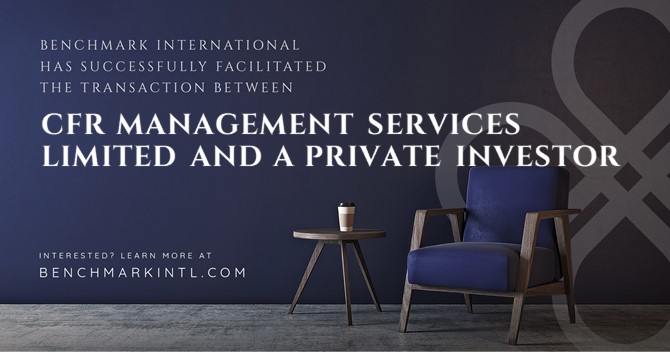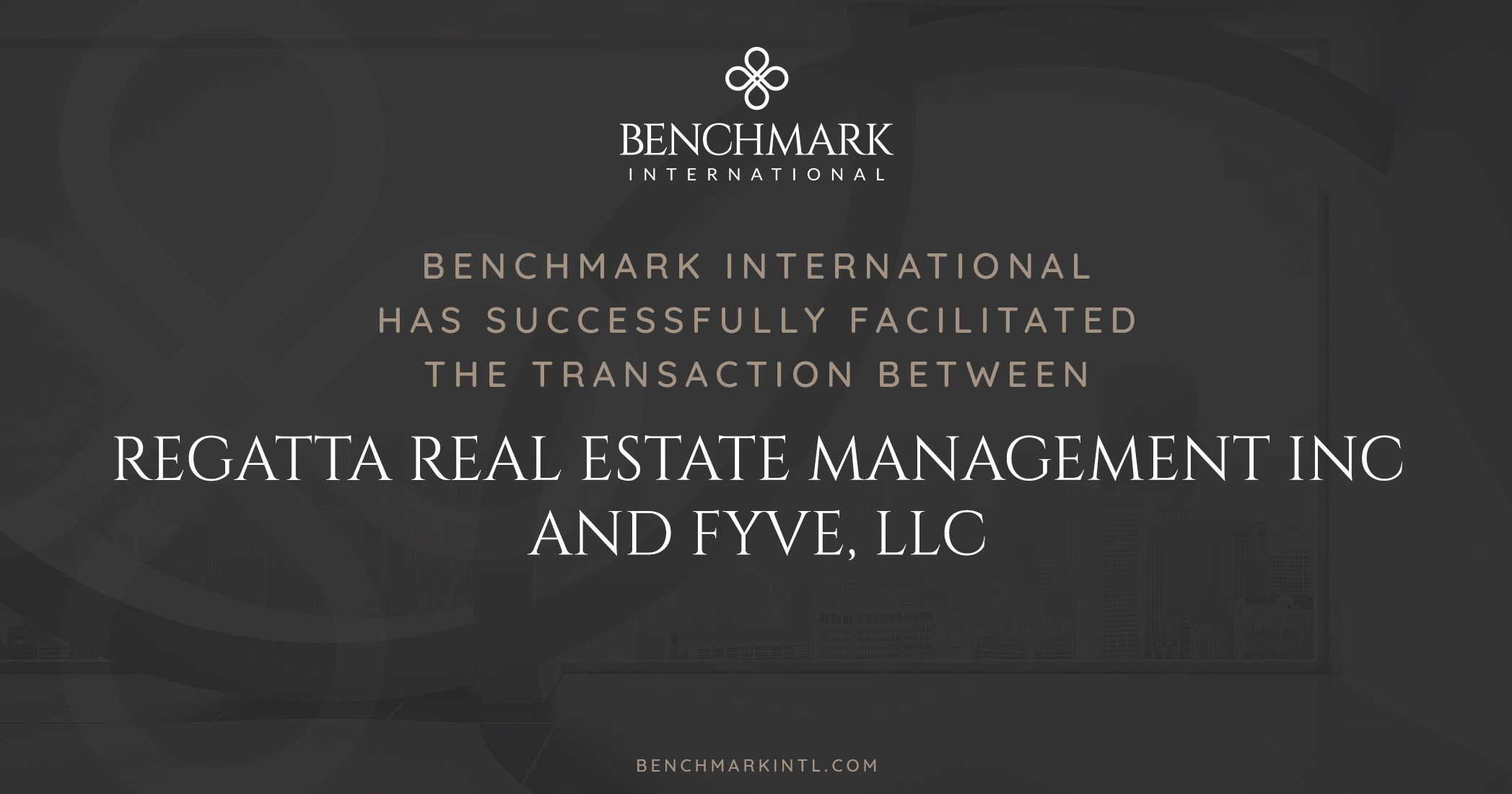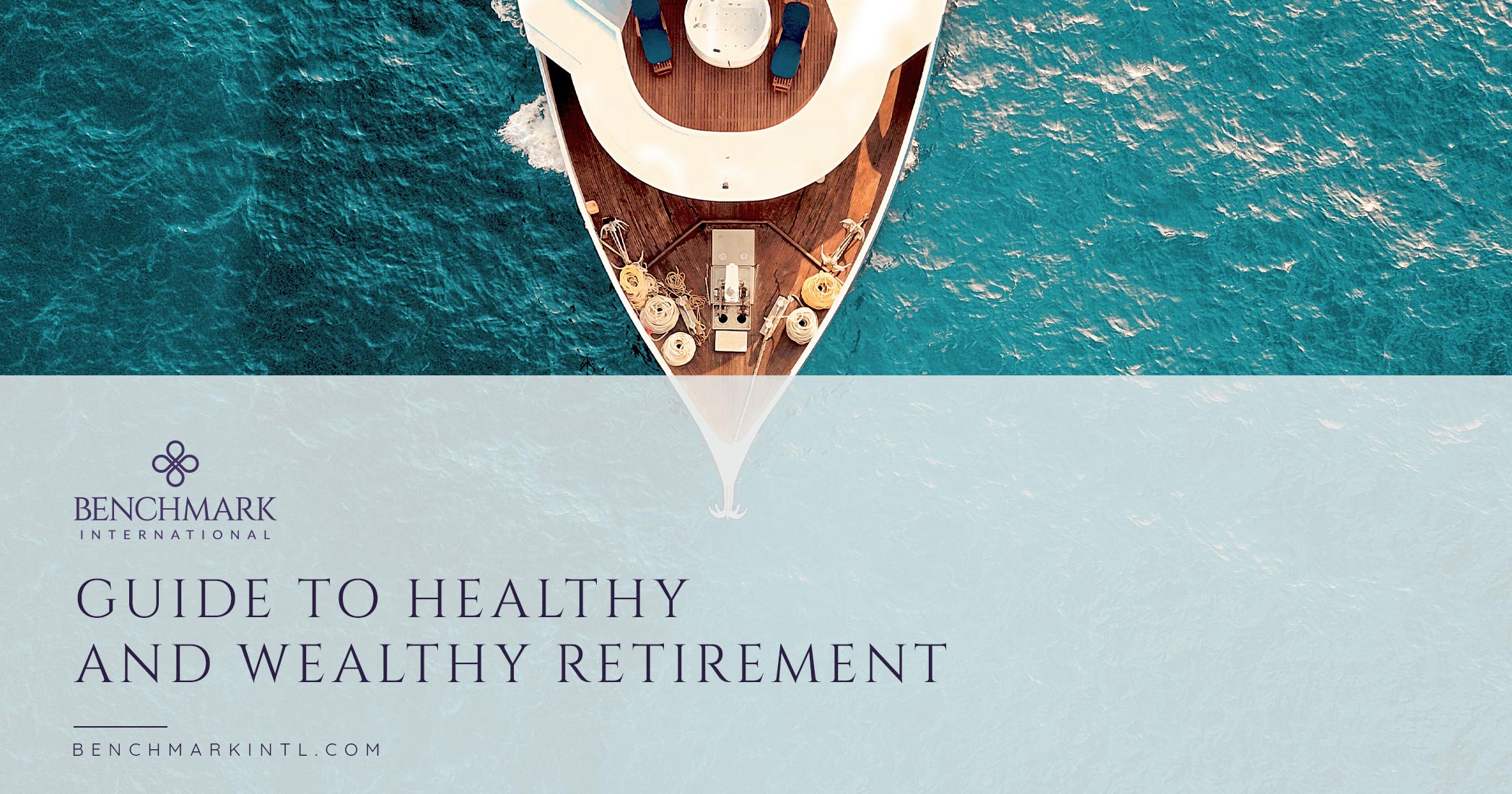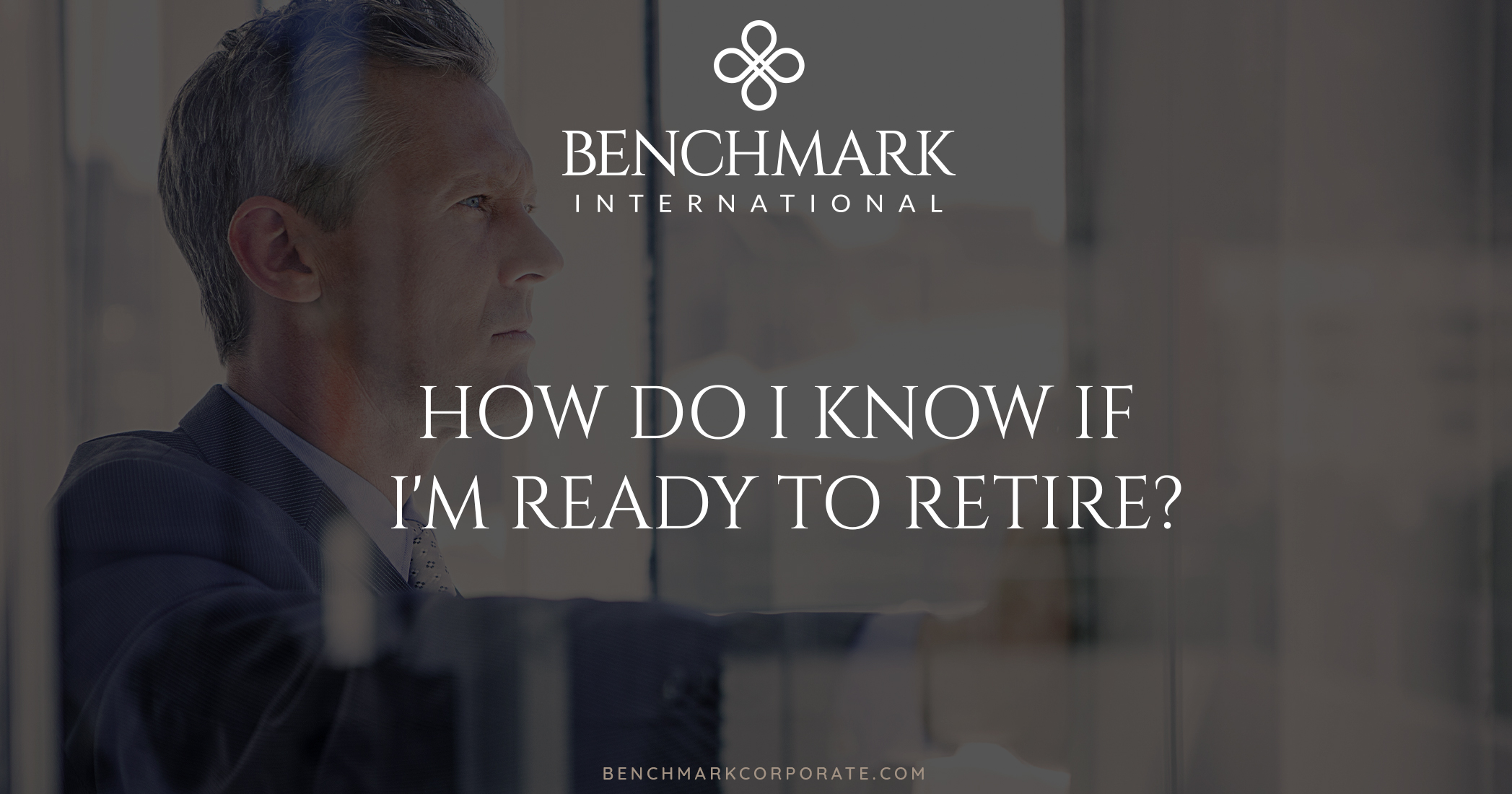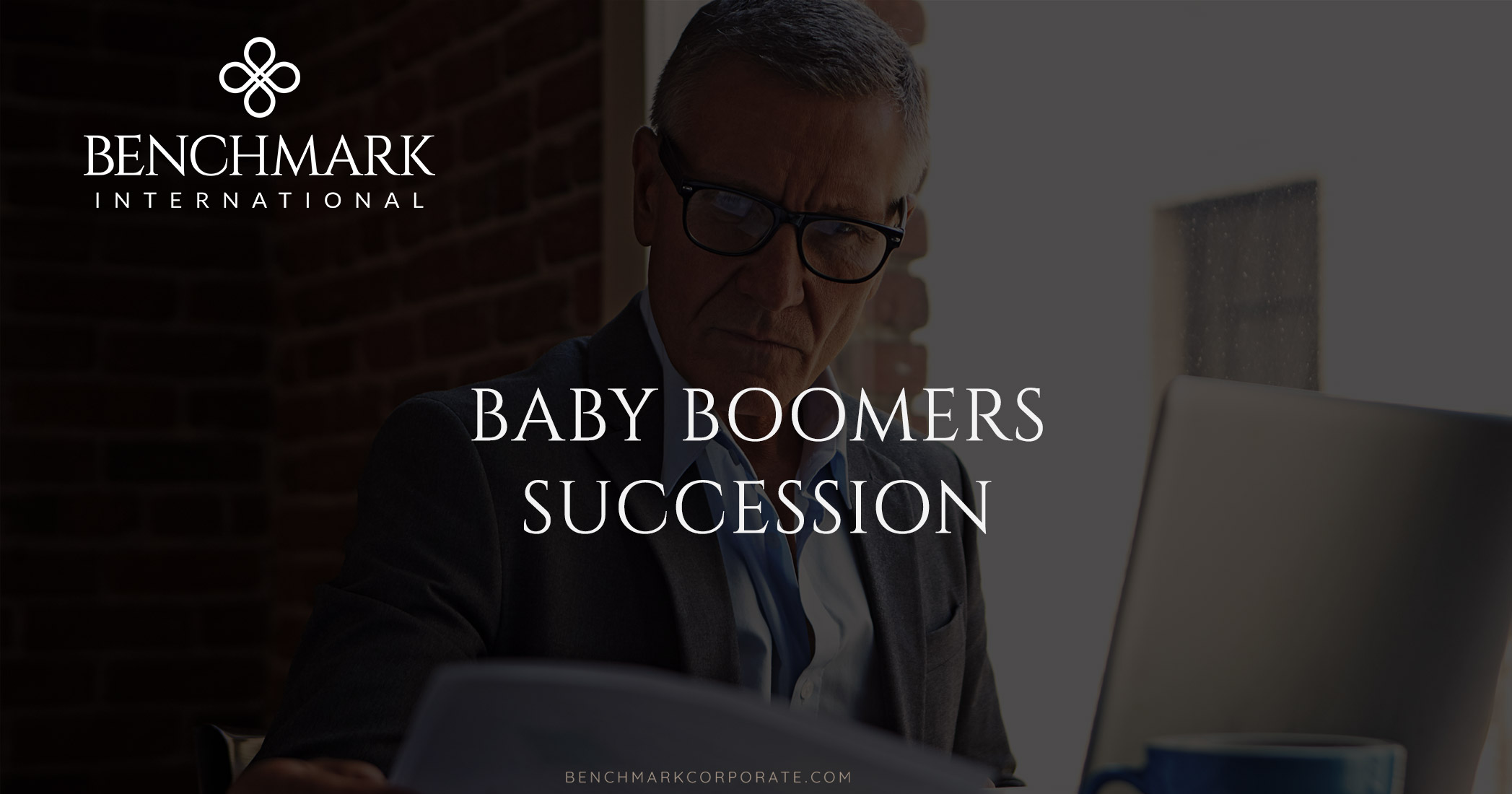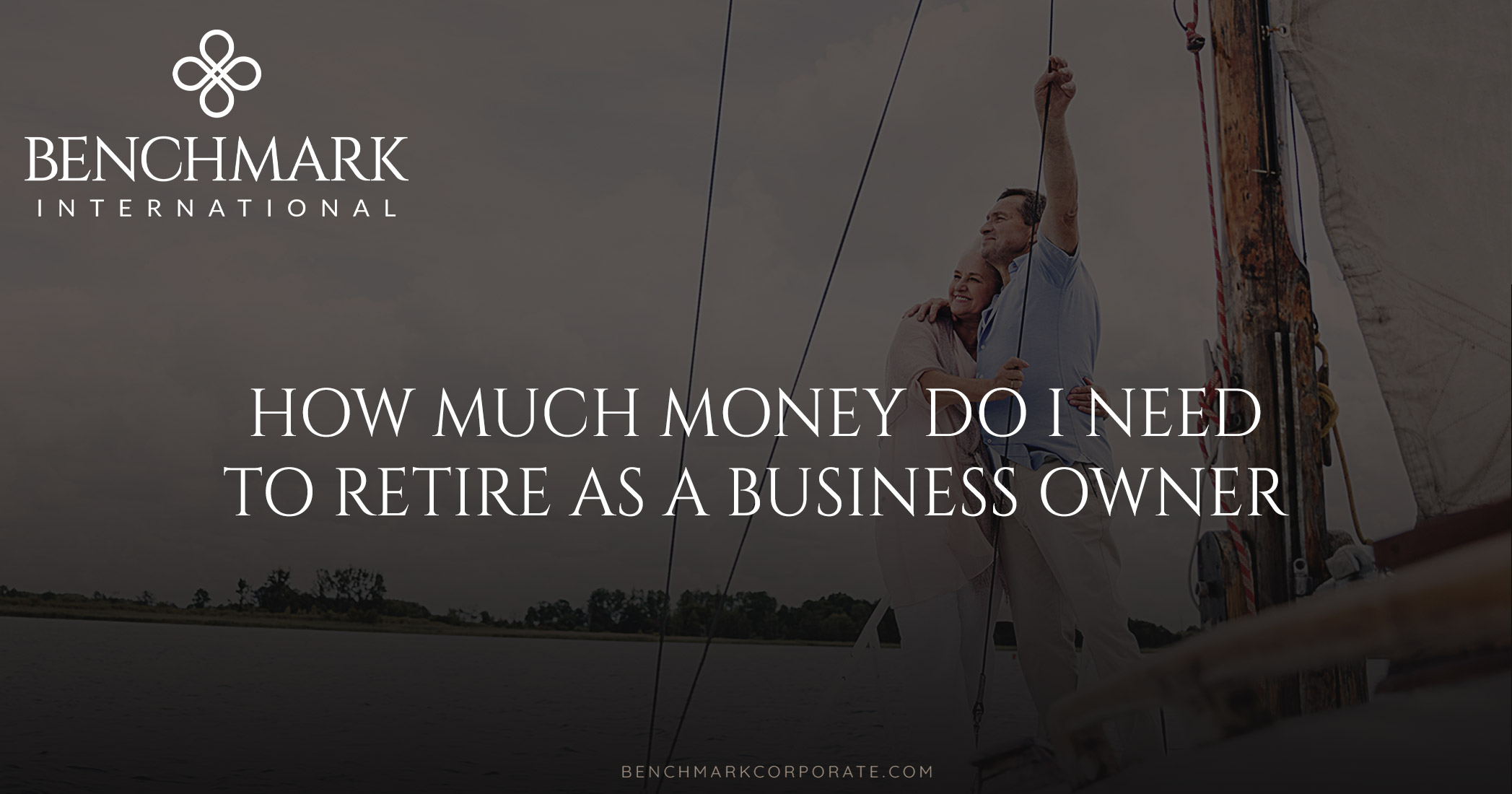Are you considering selling your company and retiring? Once you have an exit strategy planned, it is time to think about where you will spend the best years of your life. We have compiled a list of inviting destinations to inspire you to make the most of your retirement.

New Zealand
Relocating to New Zealand has the power to change your entire outlook on life. It is home to a pristine environment, quaint communities, and amazing weather. There is plenty of sunshine and little variance between summer and winter temperatures. The unique landscape offers black sand beaches, expansive mountains, glowing caves, and delightful wildlife such as seals, penguins, and dolphins. The island nation is also home to world-class wineries, mind-blowing golf courses, luxury sailing, and exclusive spas
Monaco
The gorgeous French Riveria is home to this ultra-glamourous city-state that is often noted as one of the best and safest places in the world to live. Settle in among the worlds VIPs and high rollers in this tax haven of luxurious real estate and natural Mediterranean beauty. The climate is quite temperate, the location is in close proximity to all of Europe, and the healthcare is first-rate. Monaco has quite the gambling and cultural scene, and you can expect to be surrounded by luxury homes, vehicles and yachts.
The Dalmation Coast, Croatia
The scenery in Croatia is breathtaking along the crystal clear waters of the Adriatic Sea, with lush mountainside forests and spectacular castles. The country offers a rich culture, with Gothic and Renaissance architecture showcasing a unique background of centuries of heritage. The local cuisine is delectable and the country is also boasts a renowned wine region. From skiing to sailing to diving, there is a wealth of things to do while you enjoy all four seasons.
Algarve, Portugal
One can live quite well in this culinary paradise on very little money. Rent is inexpensive, the area is safe, English is widely spoken, and the scenery is rich with churches, pagodas, temples, mosques, and British-colonial buildings. The cost of healthcare is also low. Malaysia is one of the top five countries in the world for medical tourism with several private hospitals that are internationally accredited.
The Cayman Islands
The Cayman Islands may be one of the most relaxing countries in the world in which to retire. Spend your days basking on pristine white beaches, indulging in the hundreds of restaurants, and taking in the vibrant cultural scene. The tropical climate, clean air, and high quality medical care make the country ideal for a healthy, stress-free lifestyle. It is also quite possibly the safest of the Caribbean Islands, with one of the lowest violent crime rates in the world.
Costa Rica
The tropical climate is a big attraction for anyone looking to move to Costa Rica. But the region offers much more to consider. Gorgeous beaches, rainforests, and mountains compliment the bustling cities and quaint towns. There is excellent medical care, modern infrastructure, a rich culture, and a laid-back way of life. It is truly one of the most peaceful places in the world. You’ll also find a very welcoming expat community and irresistible real estate opportunities.
Santo Domingo, The Dominican Republic
Enjoy a relaxed Caribbean life balanced with the benefits of a growing economy. The country’s infrastructure has improved greatly over the past 10 years. It has two international airports to accommodate convenient travel needs. Plus, the area offers a uniquely sophisticated European lifestyle with incredible dining, shopping, culture, and history. Whether you’re strolling the cobblestone streets alongside glass skyscrapers, or sailing around the thousands of miles of aquamarine coastline, Santo Domingo is a place of worldliness, charm and excitement.
Did you see the Top 10 Places to Retire in 2018?
Abruzzo, Italy
Located in central Italy, Abruzzo is comprised of beautiful small cities that are abundant with culture and warm, friendly faces. Considered the most romantic corner of Italy, the sprawling countryside is sprinkled with vineyards, orchards and groves. You’ll have access to amazing cuisine, majestic castles, and picturesque parks. Beaches and mountains are both nearby, and it is only a one-hour drive to the metropolis of Rome.
Malta
Enjoy a warm and sunny climate along with a luxurious lifestyle on the Mediterranean island nation of Malta. It is Europe’s smallest country but it is big on culture and things to do. Imagine yourself dining al fresco along the coast while basking in beautiful sunsets, or sailing around the islands while taking in the enchanting architecture. Malta is also home to many organized groups for expats, offering horseback-riding clubs, running clubs, dinner nights, and more.
Dubai, United Arab Emirates
BelIf you’re seeking an extravagant lifestyle, Dubai is definitely one destination to consider. Every inch of this city is built with luxury in mind. Make your home at the top of one of the world’s most majestic skyscrapers and overlook this spectacular oasis in the desert. Or settle into a luxury villa in a gated community on iconic Palm Jumeirah island. Here you’ll find plenty of glitz and glamour, a popular boardwalk, beach clubs, spas and a nightlife scene. Dubai is also a great location for making new business connections.
If you’re ready to start planning your retirement, contact Benchmark International for help with your exit strategy.

READ MORE >>
 Benchmark International
Benchmark International  Benchmark International
Benchmark International 



